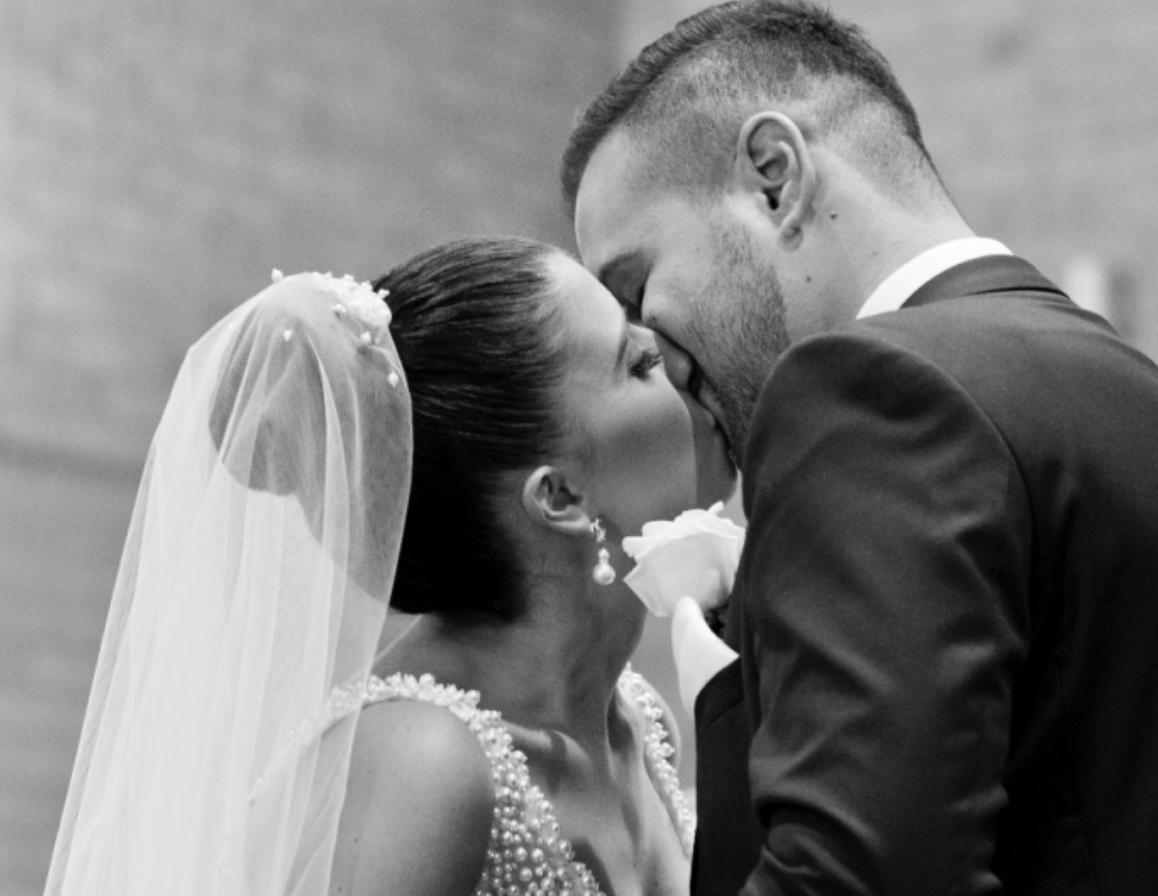More and more Australian couples are choosing the sun-kissed islands of Greece for their destination wedding! Majority of the couples are of Greek descent, but even in that case there are certain boxes that need to be ticked before taking the leap.
Table of Contents
Residency
To get married in Greece, you don’t need to be a Greek resident. However, if you’re getting married to a Greek citizen or resident, they must hold a valid residence permit.
Ceremony
In Greece, people can get legally married in a civil union or religious ceremony. Civil unions are performed by a celebrant, religious ones require a priest. Additionally, civil unions between same-sex couples are permitted, however marriages are not legally recognised.
Application For Permission
Before you have started organising your Greek wedding, keep in mind that there can be a long wait from the day of the application for permission to get married and the actual day; lasting from a few days to a few months depending on the workload, popularity of the municipality and church. As for civil unions, local authorities take up to a week to respond.
To apply, couples need to get specific documentation together that will not be dated more than three months prior to the wedding date, for the purposing of preventing issues of impediment to marry.
Applicants can apply for it themselves or hire a Greek-based wedding planner. Once issued, the license will remain valid for six months. Within that time-frame the couple must submit a joint application to the mayor stating and confirming the wedding ceremony date and location of choice.
Wedding Announcement
In order for the marriage to be considered legal, before marrying, couples need to publish an announcement in a local newspaper stating their intent to marry at least eight days in advance of applying for a marriage license.
Document Validation
Any foreign legal documents that will be used in Greece must be officially legalised with the Hague Convention Apostille. The Apostille is a stamp, certifying that the document is original and legal. This is applicable if your country has signed the 1961 Hague Convention. If your country has not signed the 1961 Hague Convention, then you can verify all legal documents at the Foreign Ministry or the Greek Embassy.
Documents You Will Need
The documents needed to perform a religious wedding in Greece are essentially the same as with a civil ceremony.
- Valid passport photocopies
- Birth certificates with the Apostille stamp certifying the copy.
- An official Apostille translated into Greek, which can be certified by a lawyer, a foreign ministry’s translation department, a certified translator or the Greek consulate from your home country.
- Proof of freedom to marry, or affidavit of marriage, notarised, in both English and Greek for both parties.
- A decree of absolution of previous marriage or marriages, if applicable.
- A copy of the local newspaper where the intent to marry was published.
- Official document from the court or police records if there has been a name change.
- Certificate of adoption if applicable.
- For civil services, couples will also need two witnesses present for the marriage to be valid. They must have passports or Greek identifying documents with them.
Civil Wedding Fees
- €7 for affidavit of marriage
- Between €200 and €500 for documentation costs
- Around €100 for translation services, if required
Not Greek Orthodox?
In Greece, it is not possible to have a religious wedding ceremony unless both parties are baptised as Christians. However, if only the bride or groom are of another religious group, an Orthodox wedding can be performed, but the non-orthodox party, must obtain a certificate of Christian Baptism and an official statement that the children from that marriage will be baptised Christian Orthodox.
Catholic Weddings
To perform a Catholic wedding, parties must obtain a written permission from their bishop following a pastoral referral, saying that they give you their permission to have a Catholic wedding Ceremony outside of your parish stating the exact location where the wedding will take place. Couples will also need a certificate stating that they have completed the “Pre-Cana” instructions.
Marriage Certificate
Following the civil union or religious ceremony, it is the couple’s legal obligation to obtain a marriage certificate within 40 days of getting married, or else a fine will incur. Couples can file a registration form with the Office of Vital Statistics in the municipality where the marriage took place. Marriages that aren’t registered aren’t considered valid.
Written by: Zoe Kanlis
Featured Image: Rob Dight – Epic Love Photography

